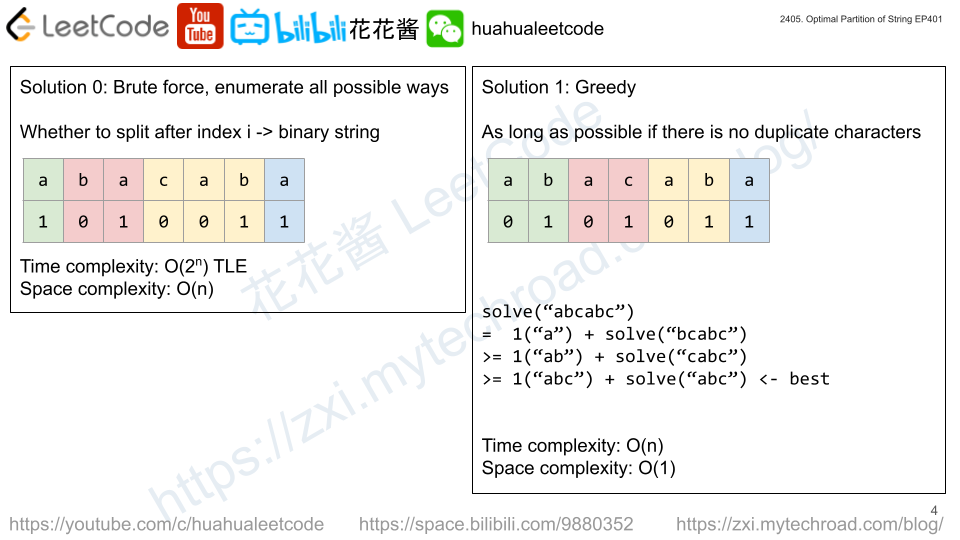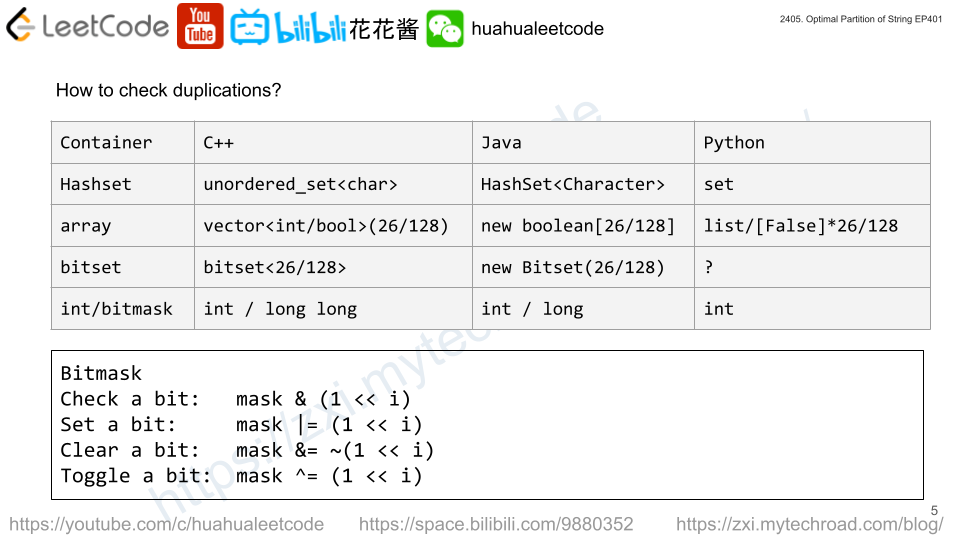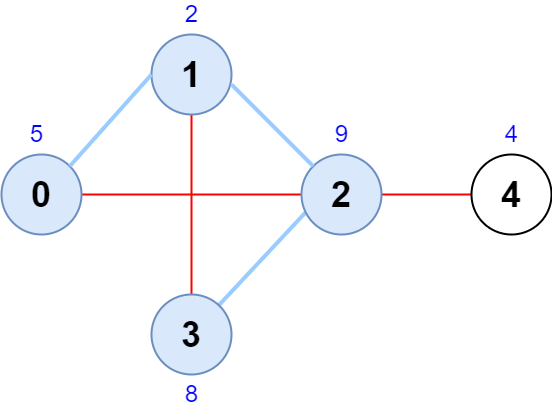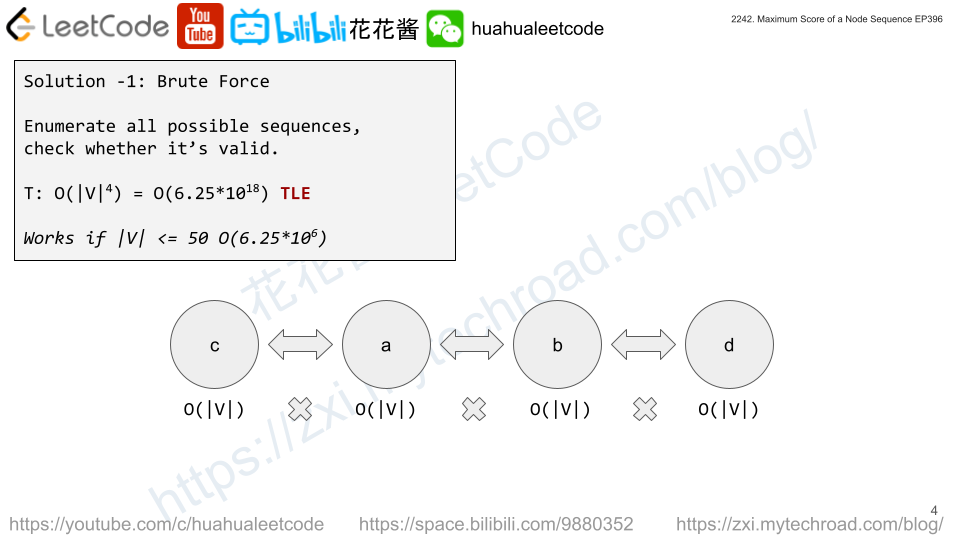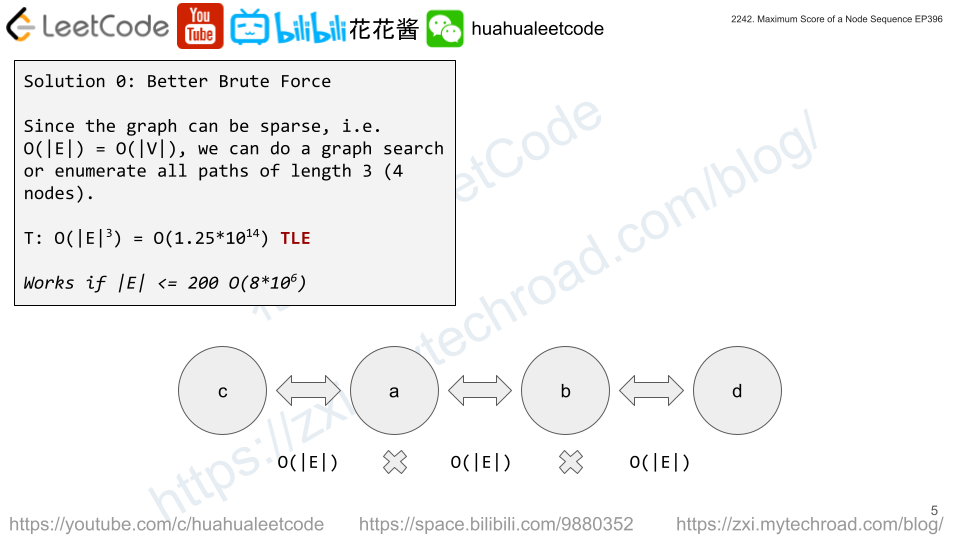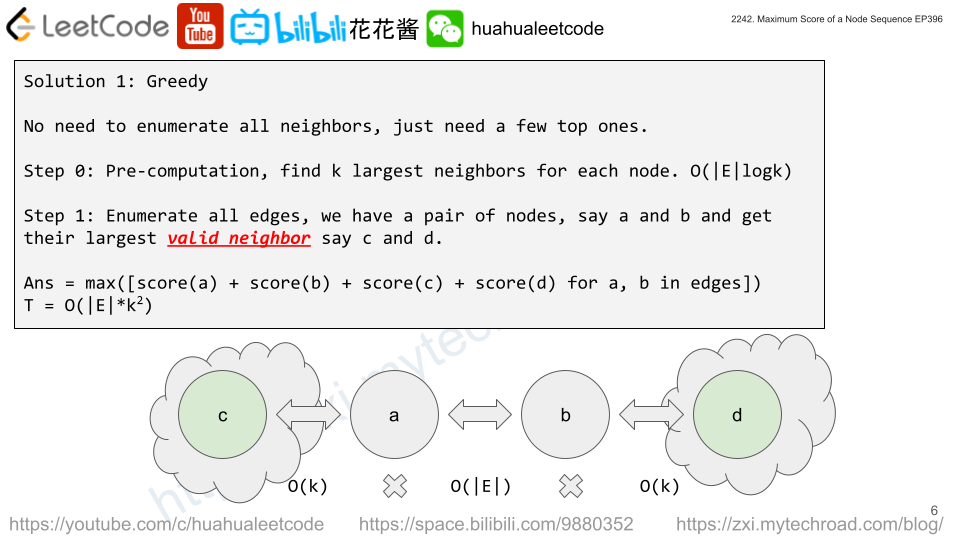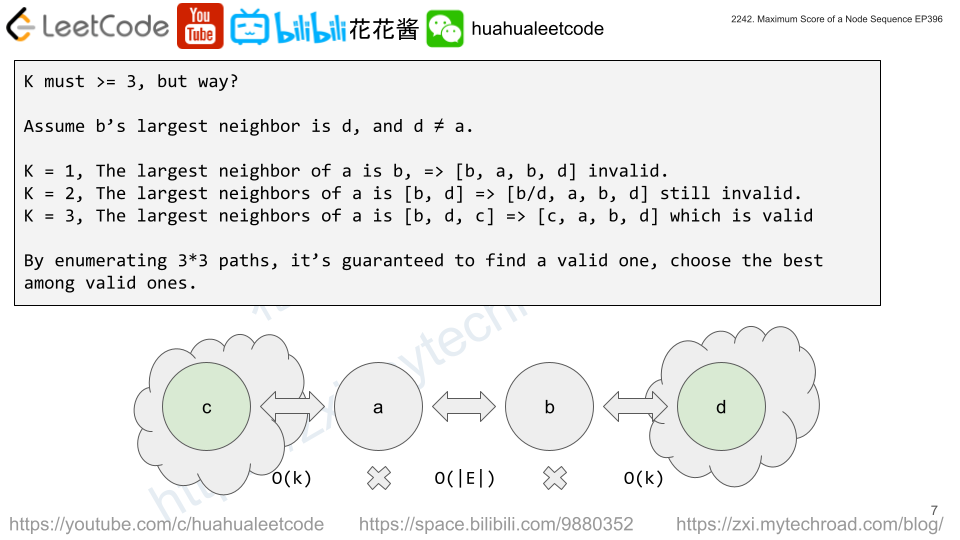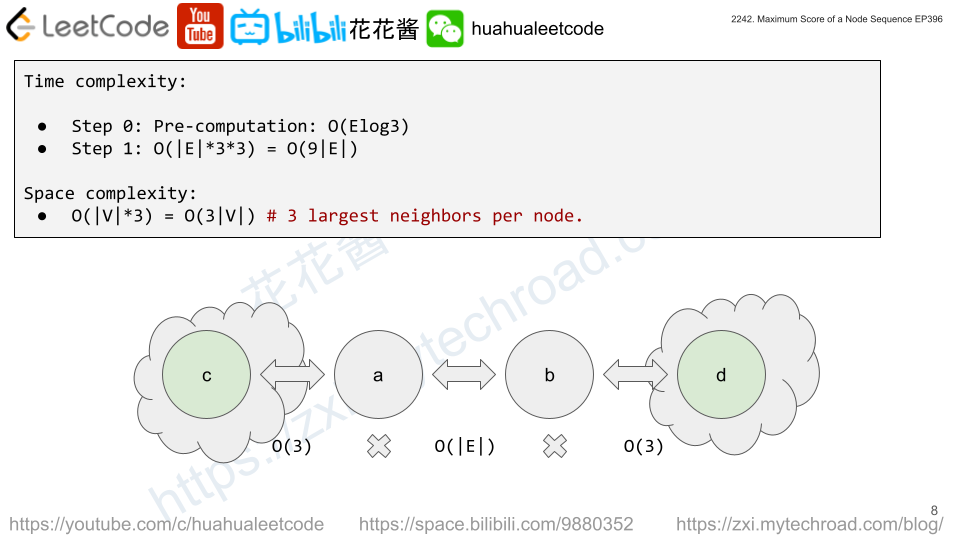You are given an integer array banned and two integers n and maxSum. You are choosing some number of integers following the below rules:
- The chosen integers have to be in the range
[1, n]. - Each integer can be chosen at most once.
- The chosen integers should not be in the array
banned. - The sum of the chosen integers should not exceed
maxSum.
Return the maximum number of integers you can choose following the mentioned rules.
Example 1:
Input: banned = [1,6,5], n = 5, maxSum = 6 Output: 2 Explanation: You can choose the integers 2 and 4. 2 and 4 are from the range [1, 5], both did not appear in banned, and their sum is 6, which did not exceed maxSum.
Example 2:
Input: banned = [1,2,3,4,5,6,7], n = 8, maxSum = 1 Output: 0 Explanation: You cannot choose any integer while following the mentioned conditions.
Example 3:
Input: banned = [11], n = 7, maxSum = 50 Output: 7 Explanation: You can choose the integers 1, 2, 3, 4, 5, 6, and 7. They are from the range [1, 7], all did not appear in banned, and their sum is 28, which did not exceed maxSum.
Constraints:
1 <= banned.length <= 1041 <= banned[i], n <= 1041 <= maxSum <= 109
Solution 1: Greedy + HashSet
We would like to use the smallest numbers possible. Store all the banned numbers into a hashset, and enumerate numbers from 1 to n and check whether we can use that number.
Time complexity: O(m + n)
Space complexity: O(m)
C++
|
1 2 3 4 5 6 7 8 9 10 11 12 13 14 15 |
// Author: Huahua class Solution { public: int maxCount(vector<int>& banned, int n, int maxSum) { unordered_set<int> m(begin(banned), end(banned)); int ans = 0; for (int i = 1, j = 0, sum = 0; i <= n; ++i) { if (sum + i > maxSum) break; if (m.count(i)) continue; sum += i; ++ans; } return ans; } }; |
Solution 2: Two Pointers
Sort the banned numbers. Use one pointer j and compare with the current number i.
Time complexity: O(mlogm + n)
Space complexity: O(1)
C++
|
1 2 3 4 5 6 7 8 9 10 11 12 13 14 15 16 |
// Author: Huahua class Solution { public: int maxCount(vector<int>& banned, int n, int maxSum) { sort(begin(banned), end(banned)); int ans = 0; for (int i = 1, j = 0, sum = 0; i <= n; ++i) { if (sum + i > maxSum) break; while (j < banned.size() && banned[j] < i) ++j; if (j < banned.size() && i == banned[j]) continue; sum += i; ++ans; } return ans; } }; |
